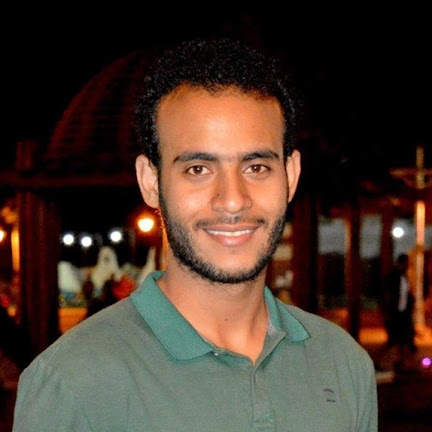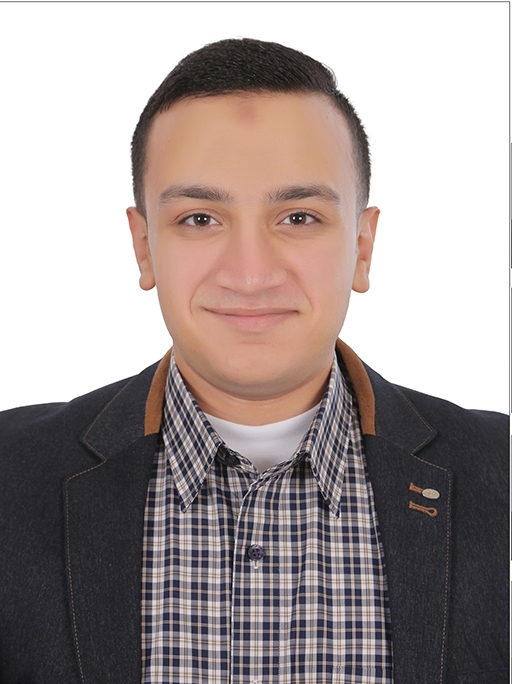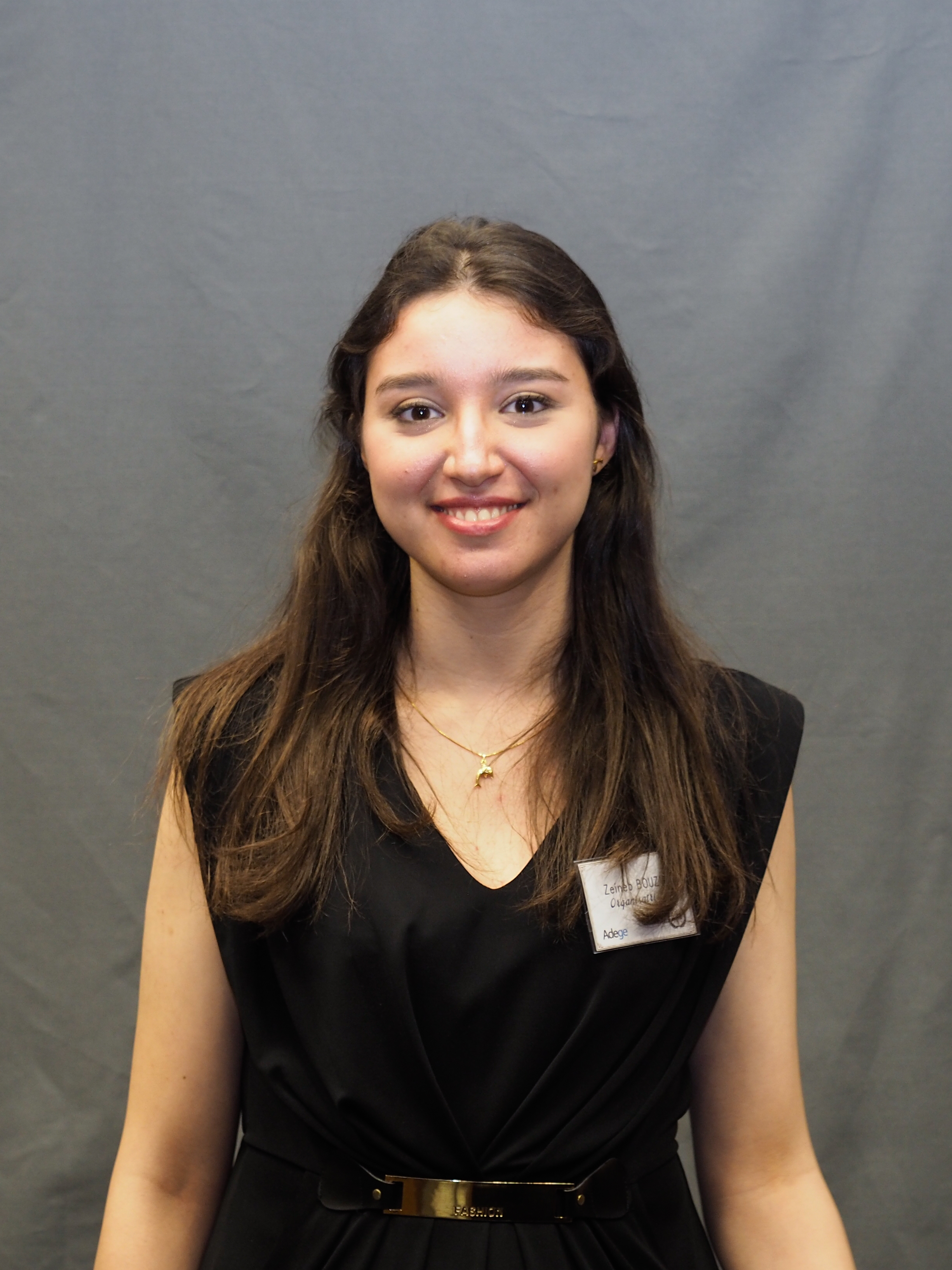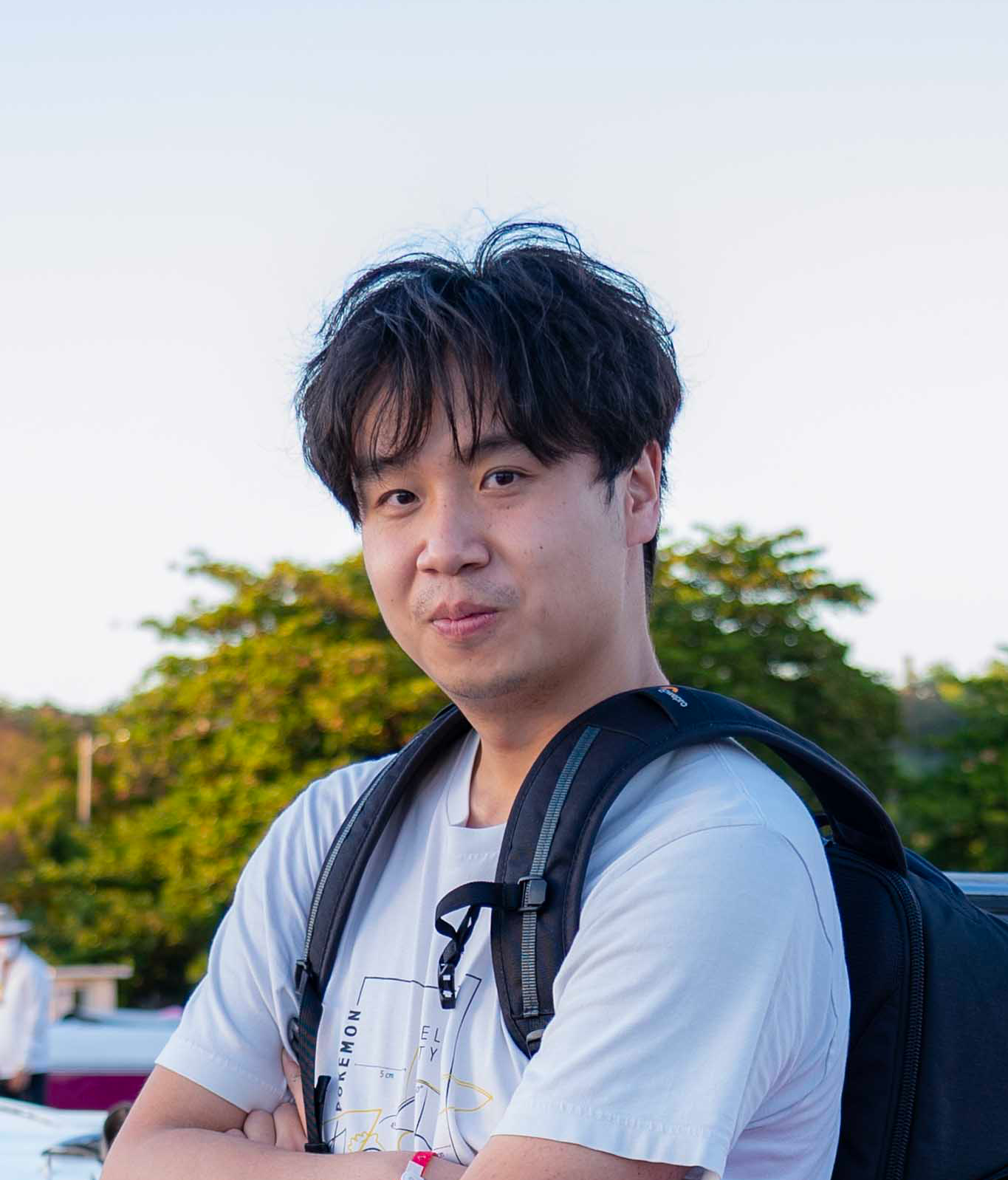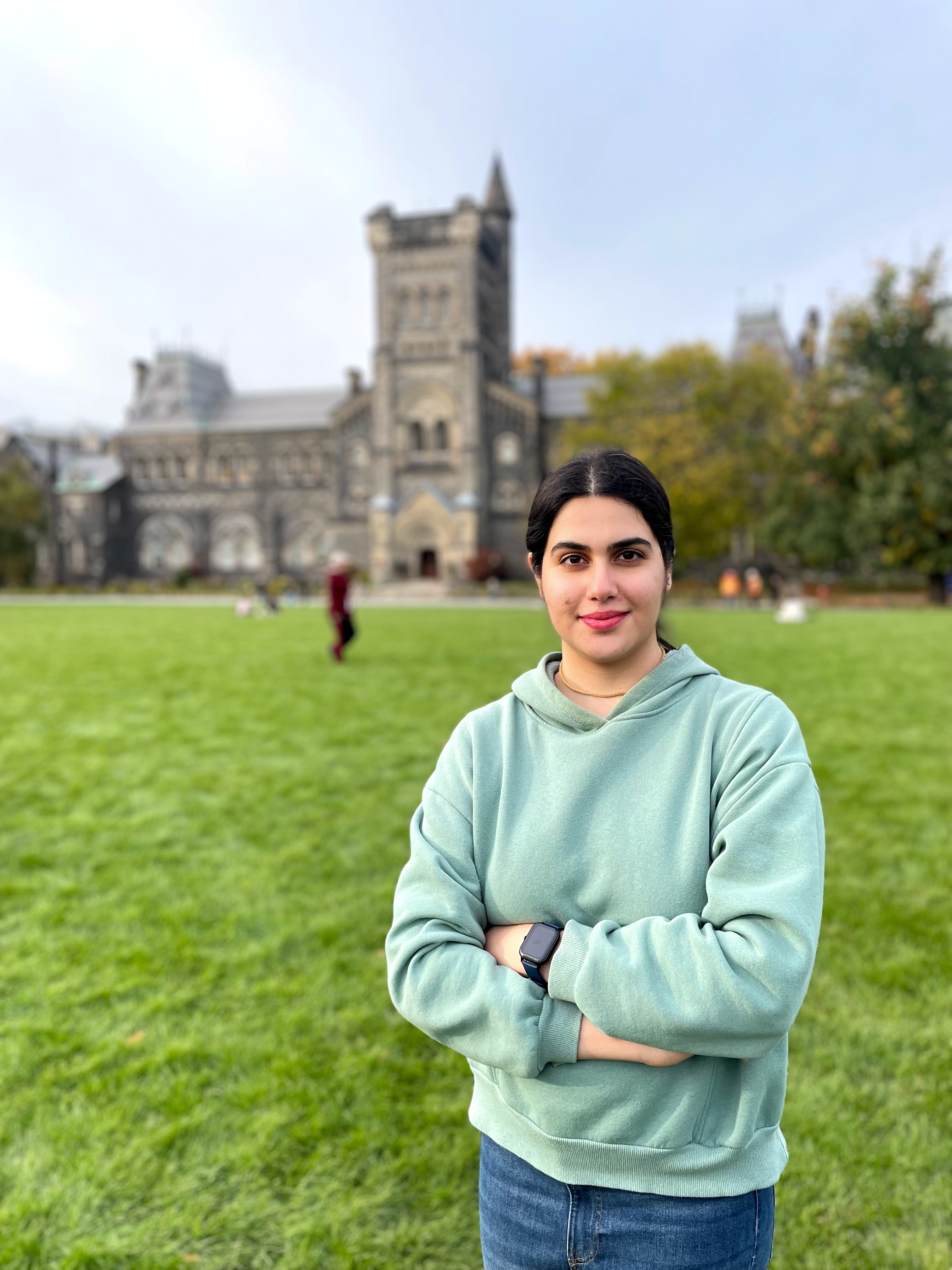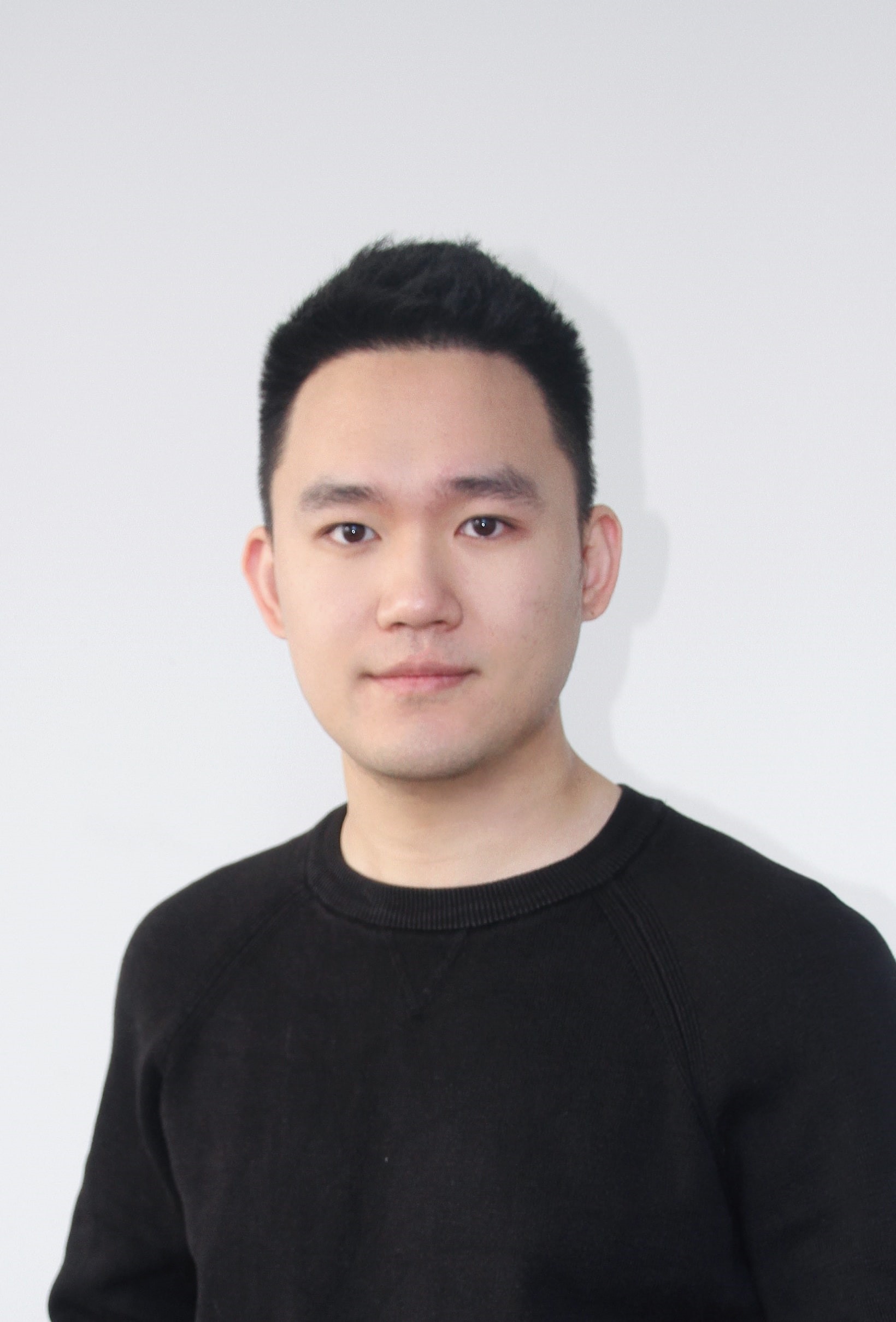Current Members
Education and training
Rawan Abulibdeh is a PhD student at the University of Toronto in the Department of Electrical and Computer Engineering. Her research focuses on machine learning, natural language processing, and health informatics. She previously completed her Master’s in computer science from the University of Guelph, where she worked on AI and security, and was an intern at Al Jazeera Media Network as part of their data analytics team.
Research interests
Rawan’s research focuses on machine learning to phenotype patients social determinants of health from electronic health records. The objective is to produce representative patient cohorts based on social and behavioural factors to provide research’s and clinicians with data to support studies on the health risks caused by these factors. This will automatically convert the messy clinical data into a more structured format for analysis. Building a pipeline of computational phenotyping techniques can help influence change in health policy to create a more equitable health environment.Education and training
Ayman is a dedicated and passionate scholar currently pursuing a PhD in Electrical Engineering at the University of Toronto. His academic journey began at Cairo University, where he earned Bachelor's and Master's degrees in Biomedical Engineering in 2016 and 2020, respectively. In 2018, he ventured into the industry, contributing to AI-driven healthcare projects that enriched his perspective and practical skills. In 2022, he returned to academia, joining the IMED research group under the supervision of Professor Ervin Sejdic.
Research interests
Ayman's research interest is at the cutting edge of healthcare technology, where he specializes in leveraging advanced transformer and fusion models to revolutionize the analysis of high-resolution cervical auscultations. This innovative approach is designed to provide a non-invasive and comprehensive assessment of swallowing, offering a potential breakthrough in patient care and diagnosis. His ongoing projects concentrate on signal preprocessing and harnessing the power of machine learning to advance this transformative field, aiming to improve the lives of individuals through technology-driven healthcare solutions.Education and training
Mohamed Attia is a graduate student pursuing a Master of Science in Electrical and Computer Engineering at the University of Toronto, Canada. Prior to this, he completed his Bachelor of Systems and Biomedical Engineering with Distinction with Honour at Cairo University, Egypt. His professional journey comprises diverse roles, including Computer Vision Research Assistant at The American University in Cairo, Data Scientist Intern at Dsquares, Machine Learning Engineer Intern and Team Lead at Technocolabs, as well as a Session Lead at Udacity.
Research interests
In his current role as a Speech Recognition Research Assistant at the University of Toronto, Mohamed is actively engaged in the development of an acoustic analysis pipeline specifically tailored for Amyotrophic Lateral Sclerosis (ALS) patients. His prior research contributions include the development of an Artificial Intelligence-Powered Toolkit, where he and his team built a CAD system capable of automatically extracting vital Kinematics from swallowing X-ray videos. This innovative approach serves to aid in the diagnosis and monitoring of Dysphagia, demonstrating his profound commitment to improving healthcare through advanced machine-learning techniques.
Education and training
Zeineb is currently a PhD student in the Department of Electrical Engineering at the University of Pittsburgh. Previously, she was a graduate student at the National Institute of Applied Sciences of Lyon (INSA Lyon), France, and also a graduate student in the Department of Electrical and Computer Engineering at the University of Pittsburgh in the framework of a double MS degree agreement.
Research interests
Zeineb’s research focuses on machine learning to extract pertinent information out of the 12-lead electrocardiograms. The ultimate goal is to invent a tool that would help clinicians diagnose acute coronary syndrome accurately and rapidly for patients transferred to hospital with chest pain. This new method would reduce admission costs and durations. Education and training
Mehdy is a postdoctoral fellow in the Department of Electrical and Computer Engineering at the University of Toronto and the Vector Institute. Before this, he earned his Ph.D. in Biomedical Engineering from the University of Toronto, where he specialized in using egocentric video with machine learning algorithms to analyze hand grasp patterns in individuals with spinal cord injuries. Additionally, Mehdy holds an M.Sc. from the University of Calgary, where he focused on signal processing for analyzing brain functional connectivity.
Research interests
Employing wearable and non-wearable technology with deep learning models to regress fall occurrences.Education and training
Zixuan completed his Bachelor's degree in Physics from the University of Waterloo in 2018. He then pursued a Master's degree in Electrical and Computer Engineering from the University of Toronto, which he attained in 2020. Following his Master's, Zixuan dedicated three years to the industrial sector, focusing on computer vision and AI-driven edge applications. Having garnered significant experience in the industry, he decided to return to academia and is currently a PhD student at the University of Toronto.
Research interests
RZixuan's research is centered on the automatic analysis of CT imaging, specifically in diagnosing cervical spine fractures using CT scans. His current projects emphasize computer vision, medical image processing, and machine learning.Education and training
Rui Qi completed her bachelor's degree in the Integrated Biomedical Engineering and Health Sciences program at McMaster University in 2023, where she earned B.Eng BME with a specialization in Mechatronics. She is presently pursuing PhD studies in the Department of Electrical and Computer Engineering at the University of Toronto.
Research interests
Rui Qi’s current research is centred on the development and optimization of machine learning models for diagnosing cardiovascular diseases through analyzing ECG signals, and translating these models into practical applications that could be employed in clinical settings.Education and training
Farnaz is currently a PhD student in the Department of Electrical Engineering at the University of Toronto. She received her Bachelor's and Master's degrees in Electrical Engineering from Sharif University of Technology in 2019 and 2021, respectively. Farnaz has actively contributed to various projects in the field of machine learning, with a specific focus on the analysis of biomedical and biological data. In addition to her academic pursuits, she has also acquired valuable industry experience through her part-time role as an AI developer, where she focused on the utilization of AI in biomedical signal and image analysis.
Research interests
Farnaz's ongoing research revolves around the kinematic analysis and automated detection of swallowing events within vibratory and acoustic signals, employing a diverse range of machine learning techniques, including supervised, unsupervised, and semi-supervised methods. She is also interested in multimodal learning, which involves integrating data from various sources and exploring innovative techniques for fusing, aligning, and extracting relevant features from different modalities. Education and training
Wuqi received his Bachelor and Master degrees in 2018 and 2020 respectively from Electrical and Computer Engineering at the University of Toronto. Following a period of professional development in the industry, he returned to academia and is currently a PhD student in the Biomedical Engineering group of Electrical and Computer Engineering at the University of Toronto.
Research interests
Wuqi’s current research revolves around the automatic analysis of swallowing events with x-ray videos. His current projects focus on computer vision, medical imaging and machine learning.
